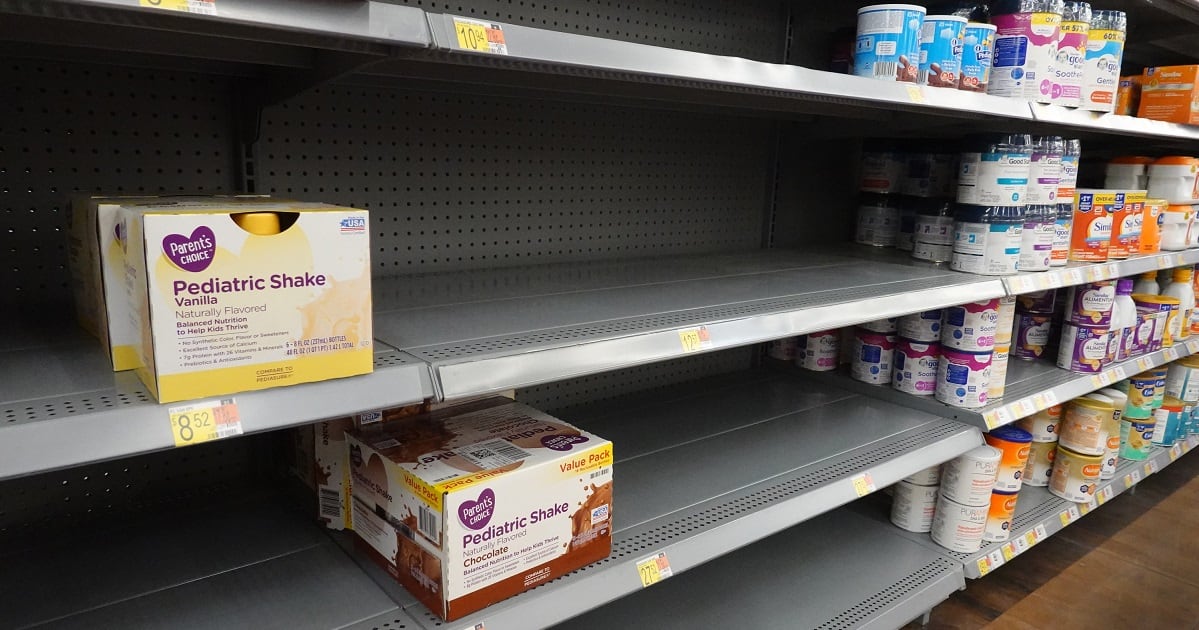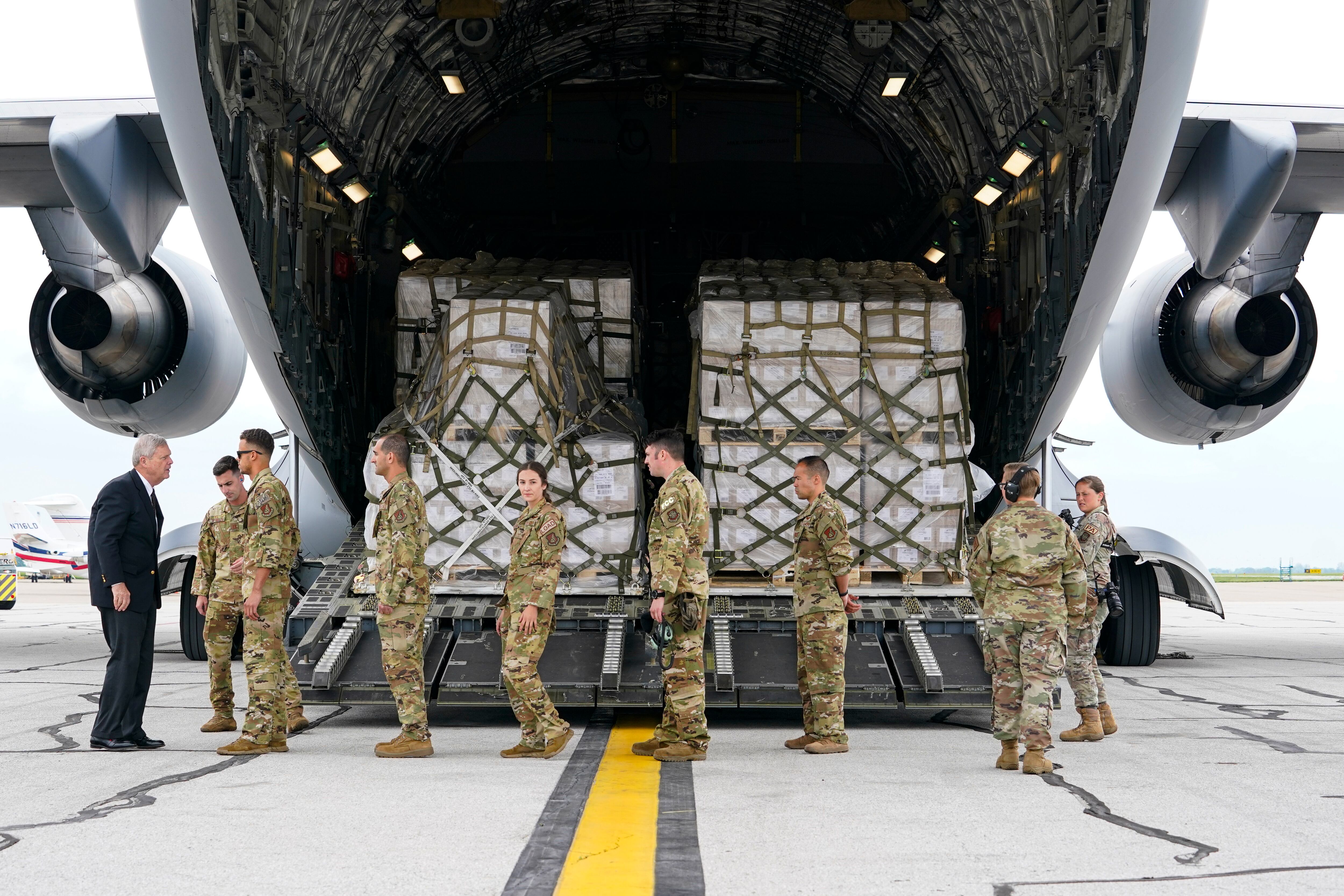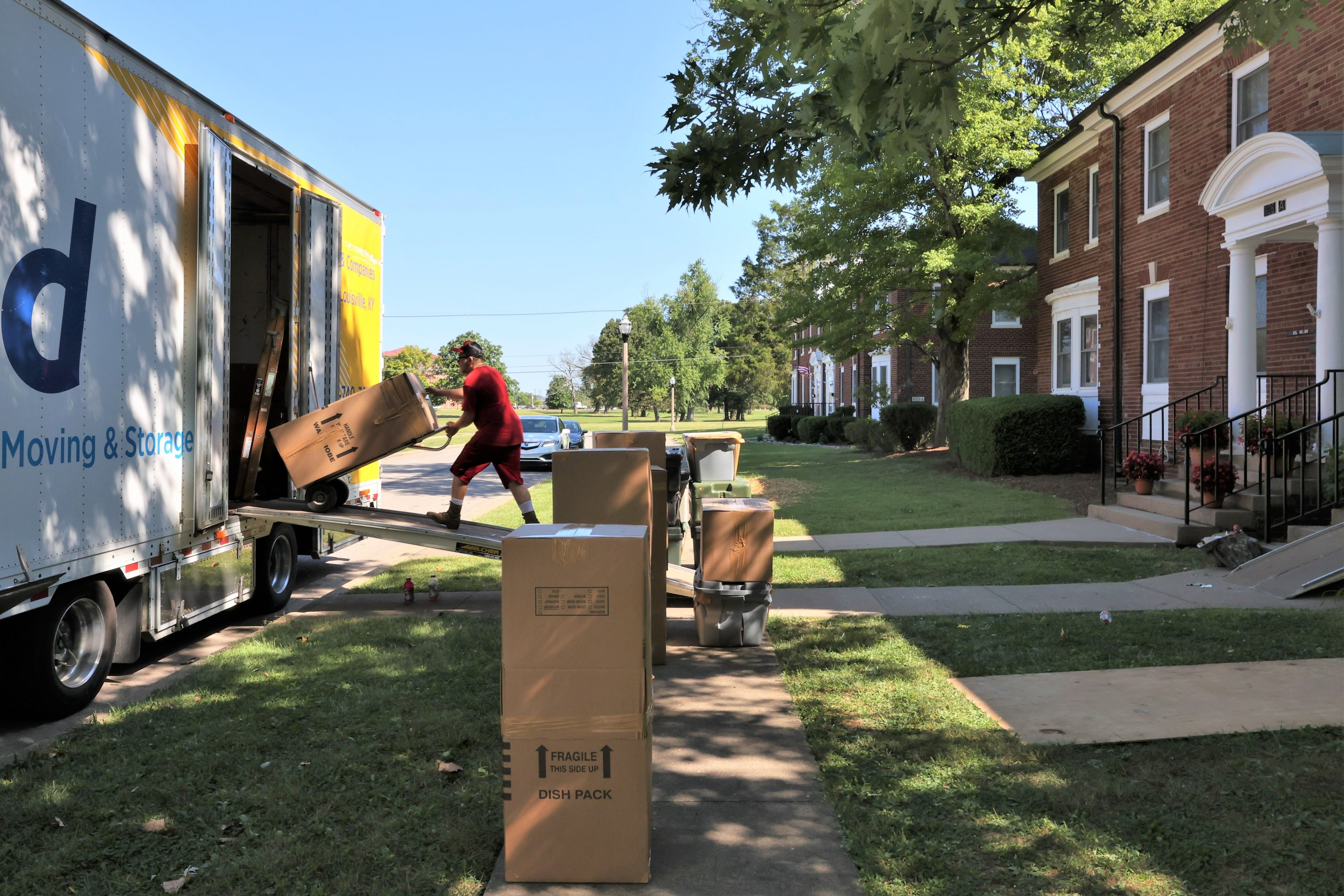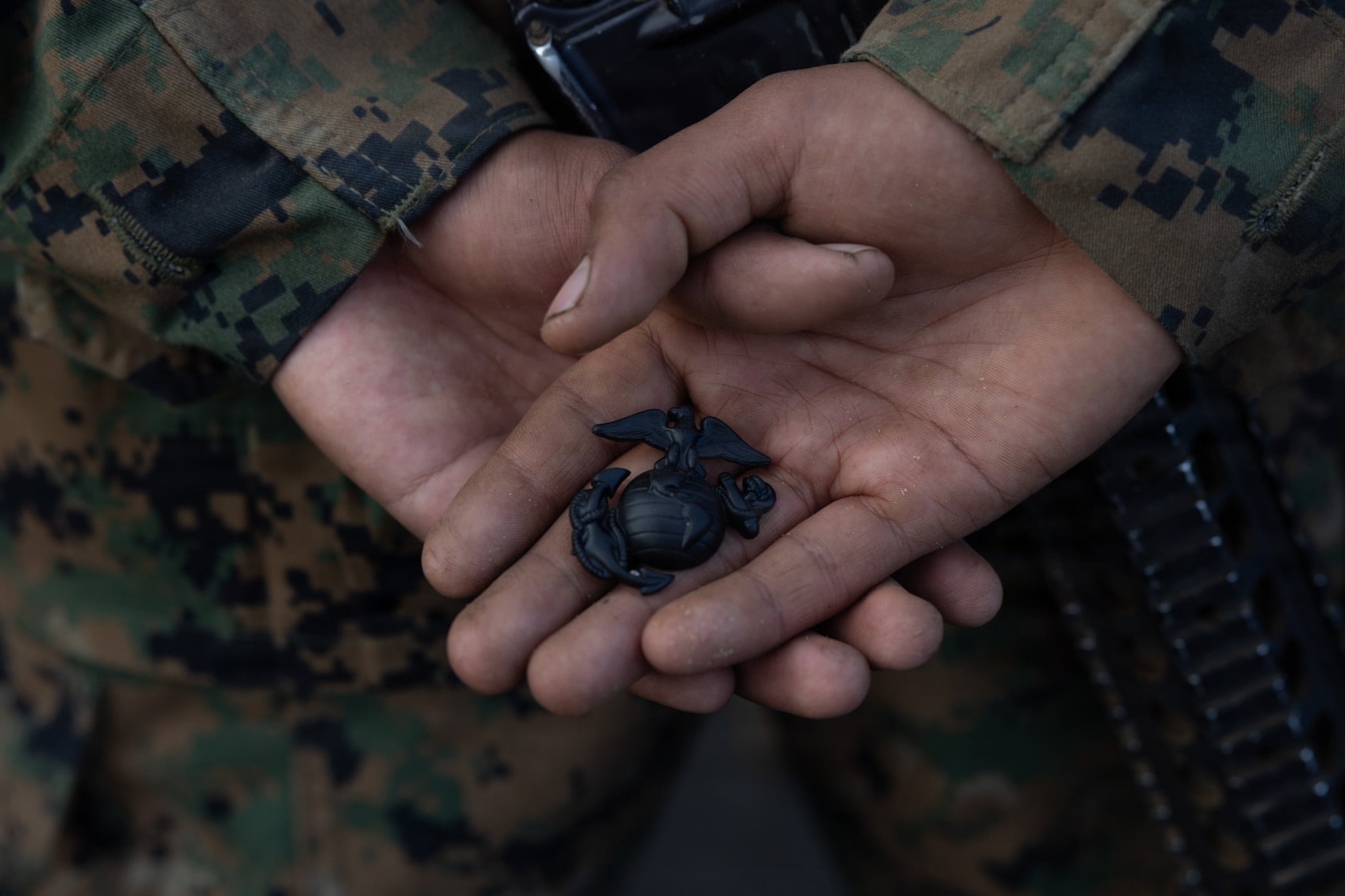The shortage of baby formula in overseas commissaries has worsened a bit, with levels at about 55-60% of what they would normally be on the shelves, officials said.
That’s down from the 70% figure reported two weeks ago in overseas commissaries.
The current stock rates in commissaries in the continental U.S. are holding at about 50%, roughly the same level they were in mid-May.
That said, the situation with baby formula may be a little better in some military stores than in civilian stores outside the gate, depending on the location, so it would behoove new parents to check their commissaries and exchanges. Media reports say the shortage nationwide has reached 70% — meaning 30% of the formula is in stock.
Like many civilian retail stores, commissaries and exchanges have instituted limits on how many units of baby formula customers can buy. Stores have seen some panic-buying, which has exacerbated the problem.
“The availability of baby formula for all our stores is fluid right now and evolving daily,” said Keith Desbois, a spokesman for the Defense Commissary Agency. “We are working with our suppliers daily to increase our levels of supply on these critical products, with some success as they work to increase production until the Michigan Abbott production facility gets back online.”
In mid-February, Abbott announced it was recalling various lots of three powdered infant formulas from the Michigan plant after federal officials began investigating rare bacterial infections in four babies who were fed formula. The company also shut down the plant, triggering the nationwide infant formula shortage, especially with specialty baby formulas. Abbott produces about 40% of the baby formula in the U.S., and that Michigan plant is a big producer. There had already been some supply chain issues with baby formula.
The Abbott plant is expected to reopen June 4 to restart production, but it will take several weeks before new batches of formula are available. Meanwhile, other manufacturers have been ramping up production, including some operating 24 hours a day, company officials told President Joe Biden in a meeting Wednesday.
The situation at commissaries will remain about the same for the next 60 days, Desbois said, as industry ramps up production. “We anticipate in the next three weeks that we will improve our shelf stockage, but of course this is dependent on product availability,” he said.
RELATED

Military exchanges
Army and Air Force Exchange Service stores: Similac baby formula, made by Abbott, began flowing to stores the week of May 23, said AAFES spokesman Chris Ward. More formula shipments are scheduled over the next few weeks. Store officials are working with suppliers to prioritize shipments, and to get products from new sources that are approved by the Food and Drug Administration.
For stores in Europe, AAFES has gotten provisional approval to procure Arla baby formula from an approved plant in Esbjerg, Denmark. Exchange officials have begun flying baby formula to locations in the Pacific, because there is no locally approved source.
Navy Exchange stores: There’s enough inventory of baby formula at overseas Navy Exchange stores for about 10.1 weeks of supply. In the continental U.S., there’s enough on hand for about 6.5 weeks of supply, said Courtney Williams, spokeswoman for the Navy Exchange Service Command. “Within the past week, NEXCOM’s inventory of baby formula has steadily increased,” she added.
While there’s less stock on the shelves because of the manufacturing constraints, the per-unit sales of baby formula at the Navy Exchange stores increased by more than 58% in May, compared to May of last year, Williams said.
Sales have increased in commissaries, too. Since February, sales of the Tippy Toes commissary brand formula have increased by 600%, said Rene Hunter, vice president of Spartan Nash Military Division, in an interview with Military Times in early May. That company is also ramping up production of baby formula.

Commissary and exchange officials also note that baby formula manufacturers are producing only select sizes and categories, not the full selections previously offered. Manufacturers are focusing on a smaller group of products that they can produce faster, Desbois said, and commissary officials have temporarily adjusted their product assortment to take advantage of what’s available. This may mean fewer options on sizes, but more products to feed babies.
Navy Exchange officials are in constant communication with their suppliers, to get the products and to expedite shipping the formula by air. “So far these meetings resulted in positive results and support, ensuring a continuous supply of baby formula in the pipeline, particularly for overseas NEX locations,” Williams said.
Throughout the pandemic, commissary and exchange officials have worked with industry to prioritize overseas and remote stores for shipments of critical supplies, because military families overseas sometimes have fewer options outside the gate. That applies to the baby formula shortage.
“We are in a period of new norms with a constantly evolving supply chain, but we will ensure all orders for overseas and remote stores receive priority for baby formula shipments,” Desbois said. “If the availability of baby formula becomes an issue for our overseas commissaries we will airlift, if and when necessary, and assuming we can get the product.”
The military has been involved in flying in baby formula from overseas manufacturers to help ease the nationwide shortage for all American families, as part of the Biden Administration’s Operation Fly Formula.
Karen has covered military families, quality of life and consumer issues for Military Times for more than 30 years, and is co-author of a chapter on media coverage of military families in the book "A Battle Plan for Supporting Military Families." She previously worked for newspapers in Guam, Norfolk, Jacksonville, Fla., and Athens, Ga.





